Sauce Inquiry: Can Dogs Eat Spaghetti Sauce Safely? Why Vets Advise Against It
- 26 Apr 2025 09:29
Spaghetti night is a comforting ritual in many households, the aroma of simmering tomatoes, herbs, and garlic filling the air. As you twirl pasta coated in rich red sauce, those familiar puppy-dog eyes might be fixed on your plate, hoping for a taste. It seems harmless enough – just tomatoes and spices, right? This often leads caring dog owners to ask: can dogs eat spaghetti sauce? Unfortunately, while born from good intentions, sharing spaghetti sauce with your canine friend is generally unsafe and strongly discouraged by veterinarians. Most commercial and homemade spaghetti sauces contain ingredients that range from unhealthy to highly toxic for dogs, making this common human food a significant risk. This comprehensive guide, based on veterinary expertise and EEAT principles, will break down the problematic ingredients in spaghetti sauce and explain why it's best kept exclusively on human plates.
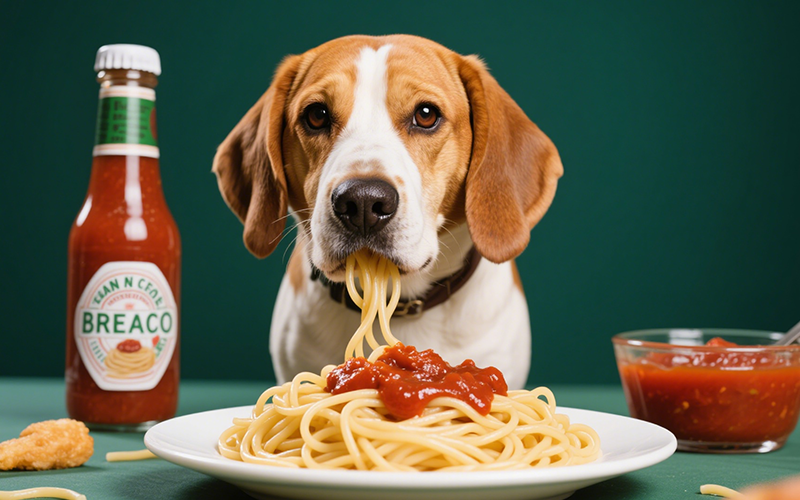
Deconstructing Spaghetti Sauce: A Look Inside the Jar (or Pot)
To understand the risks, we must first examine what typically goes into spaghetti sauce. While recipes vary, common ingredients often include:
Tomato Base: Cooked tomatoes, tomato paste, or tomato puree form the foundation.
Allium Vegetables (HIGHLY TOXIC):
Onions: Fresh, dried, or powdered.
Garlic: Fresh, minced, dried, or powdered.
Seasonings and Herbs:
Salt: Often in significant amounts.
Sugar: Frequently added to balance acidity.
Herbs: Basil, oregano, parsley, thyme, bay leaves (some herbs can be problematic in large doses, but garlic/onion are the main concern).
Spices: Black pepper, red pepper flakes (can cause irritation).
Fats and Oils: Olive oil or other vegetable oils used for sautéing or richness. Meat sauces will contain fat from beef, pork, or sausage.
Acidity Regulators: Sometimes citric acid.
Other Potential Additives (especially commercial sauces):** Corn syrup, preservatives, artificial flavors, cheese (dairy). Some "low sugar" versions might contain dangerous artificial sweeteners like **xylitol**.
This ingredient list immediately highlights several major red flags for canine consumption, particularly the presence of onions and garlic.
The Danger Zone: Why Spaghetti Sauce is Harmful to Dogs
Giving your dog spaghetti sauce isn't just offering an unbalanced snack; it's potentially exposing them to toxins and ingredients that can cause serious health issues. Here are the primary dangers:
1. Garlic and Onion Toxicity (Allium Family Poisoning) - The Biggest Threat
This is the **most critical reason** why dogs cannot have spaghetti sauce. Garlic and onions (including related plants like leeks, chives, shallots, often present in powders or fresh form) are members of the *Allium* genus and are **highly toxic to dogs**.
Mechanism:** They contain organosulfides (specifically N-propyl disulfide) that cause oxidative damage to a dog's red blood cells. This leads to Heinz body formation and hemolytic anemia – a dangerous condition where red blood cells are destroyed faster than they can be replaced.
Symptoms:** Crucially, signs of toxicity might not appear for 2-4 days after ingestion, making it harder to link the illness to the sauce. Symptoms include:
Lethargy, weakness, depression
Pale gums
Rapid breathing or panting
Increased heart rate
Vomiting and diarrhea
Reduced appetite
Exercise intolerance
Reddish or brown urine
Jaundice (yellowing of skin/gums)
Collapse
Potency & Dosage:** All forms (raw, cooked, powdered, dried) are toxic. Powdered versions are highly concentrated, meaning even small amounts used for flavoring in sauce can be dangerous, especially for smaller dogs or with repeated exposure. There is no safe amount of garlic or onion for dogs. This toxicity alone makes the answer to "can dogs eat spaghetti sauce?" a resounding "NO".
2. High Sodium (Salt) Content
Spaghetti sauce, both homemade and commercial, is typically high in salt for flavor. Dogs have much lower sodium requirements than humans.
Risks:** Excessive salt intake can lead to increased thirst/urination, dehydration, vomiting, diarrhea, lethargy, and potentially neurological issues like tremors, seizures, and coma (sodium ion poisoning or hypernatremia). High sodium is particularly dangerous for dogs with pre-existing kidney disease, heart conditions, or high blood pressure.
3. Unhealthy Fats and Oils
Sauces often contain added oils for cooking vegetables or richness. Meat sauces add significant animal fat.
Pancreatitis Risk:** A sudden influx of high-fat food is a major trigger for **pancreatitis** in dogs. This is a severe, painful inflammation of the pancreas that often requires emergency veterinary care, hospitalization, and can sometimes be fatal or lead to chronic issues like diabetes. Symptoms include severe vomiting, diarrhea, abdominal pain (hunched posture), lethargy, and anorexia.
Obesity:** High-fat sauces contribute unnecessary calories, leading to weight gain and obesity, which predisposes dogs to numerous health problems (arthritis, diabetes, heart disease, etc.).
4. Added Sugars (Including Corn Syrup)
Many sauces contain added sugar to balance the tomatoes' acidity.
Health Issues:** Sugar provides empty calories, contributing to weight gain, obesity, dental problems (plaque, tartar, decay), and potentially worsening or contributing to diabetes. Dogs do not need added sugars in their diet.
5. Acidity from Tomatoes
While ripe, cooked tomato flesh (without seeds, stems, or leaves) is generally considered safe for dogs in *very small* amounts, tomatoes are acidic.
Gastrointestinal Upset:** The acidity can irritate a dog's stomach, potentially causing vomiting, diarrhea, or acid reflux, especially in dogs with sensitive digestive systems.
Tomatine (Minor Concern with Ripe Fruit):** Unripe green tomatoes, stems, and leaves contain higher levels of tomatine, an alkaloid that can be toxic in large quantities (causing G.I. upset, lethargy, weakness). Ripe tomato *fruit* contains much lower levels, making the flesh itself less of a concern than other sauce ingredients, but the acidity remains.
6. Potentially Harmful Herbs and Spices
While basil and oregano are generally safe in small amounts, some sauces might contain other herbs or spices:
Bay Leaves:** Can be a choking hazard or cause G.I. irritation if ingested whole.
Red Pepper Flakes:** Can cause significant mouth and digestive irritation.
The primary concern remains garlic and onion, but other seasonings add to the unsuitability.
7. Artificial Sweeteners (Potential Xylitol Risk)
Be extremely cautious with any "low sugar" or "diet" versions of spaghetti sauce.
Xylitol Danger:** Though less common in savory items than sweet ones, some processed foods use **xylitol**, an artificial sweetener that is **extremely toxic** to dogs, causing rapid hypoglycemia (low blood sugar) and potentially fatal liver failure. Always check labels, but avoidance is safest.
What About Plain Tomato Sauce or Puree?
This is a common question. If the product is **100% plain, cooked tomato sauce or puree with absolutely NO added salt, sugar, garlic powder, onion powder, or other seasonings**, then a very small amount (e.g., a teaspoon mixed with food) might be tolerated by *some* healthy dogs *occasionally*. However: * It still carries the acidity risk, potentially causing G.I. upset. * It offers limited nutritional value relevant to a dog's needs. * It's crucial to ensure it's truly plain – reading labels is essential. Given the limited benefit and potential for upset, even plain tomato sauce isn't a necessary or recommended addition to a dog's diet. It is fundamentally different and far less dangerous than seasoned spaghetti sauce.
Emergency Protocol: My Dog Ate Spaghetti Sauce! What Now?
If your dog has ingested spaghetti sauce, especially if it contained garlic or onion, act quickly: 1. **Prevent Further Ingestion:** Remove the sauce and any contaminated items immediately. 2. **Estimate Amount & Identify Ingredients:** How much did they eat? Was it homemade or store-bought? Crucially, did it contain **garlic or onion**? Check the label if possible. 3. **Contact Your Veterinarian or Emergency Pet Clinic IMMEDIATELY:** This is critical due to the risk of Allium toxicity, which can have delayed symptoms but requires prompt assessment. Even if your dog seems fine, call right away. * Provide all details: Amount eaten, time, ingredients (esp. garlic/onion), dog's weight/breed/age. 4. **Follow Veterinary Instructions:** Your vet will assess the risk based on the likely dose of toxins and your dog's size. They may recommend: * Bringing the dog in immediately for examination and potential decontamination (inducing vomiting safely *if* appropriate and recent). * Baseline blood tests (especially checking red blood cells) and monitoring over several days. * Hospitalization for supportive care (fluids, medications) if toxicity or pancreatitis is suspected or develops. 5. **Monitor Closely:** Watch diligently for **several days** for any signs of illness (lethargy, pale gums, vomiting, diarrhea, breathing changes, abdominal pain, weakness). Report any changes to your vet immediately. 6. **Do NOT Induce Vomiting at Home:** Unless specifically directed by your vet.
Spaghetti Sauce & Dog Safety: Risk Summary Table
This table summarizes the dangers:
| Spaghetti Sauce Ingredient/Aspect | Risk Level / Concern for Dogs | Primary Dangers & Recommendation |
| Garlic & Onion (Alliums) | HIGHLY TOXIC / DANGEROUS | Causes hemolytic anemia (red blood cell destruction). Potentially fatal. **AVOID COMPLETELY.** Immediate vet consult if ingested. |
| High Sodium (Salt) | High Risk / Unhealthy | Risk of dehydration, sodium poisoning, worsens heart/kidney conditions. Avoid. |
| High Fat / Oils | High Risk / Unhealthy | Risk of pancreatitis, contributes to obesity. Avoid. |
| Added Sugars / HFCS | Unhealthy | Empty calories, obesity risk, dental issues, bad for diabetics. Avoid. |
| Tomato Acidity | Low-Moderate Risk | Can cause G.I. upset in sensitive dogs. Less concerning than toxins/fat/salt. |
| Potential Xylitol (Low Sugar Sauces) | EXTREMELY TOXIC / DANGEROUS | Check labels, but best to avoid artificially sweetened products entirely. Potentially fatal. |
| Overall Answer to: Can dogs eat spaghetti sauce? | NO. Due to toxic ingredients (garlic, onion), high salt, high fat, added sugars, and potential for other harmful additives, spaghetti sauce is unsafe and should not be fed to dogs. | |
Leveraging Pet Tech for Immediate Concerns: PettureX App
When faced with a potential pet emergency like the ingestion of spaghetti sauce, having access to quick, reliable information can be helpful while contacting your vet. The **PettureX** app offers features designed for concerned pet owners:
24/7 AI Veterinary Consultation: Use the AI chat to ask general questions about potential toxins or symptoms. For instance, "What are the signs of garlic toxicity in dogs?" or "Why is pancreatitis dangerous?". This provides immediate context and helps you understand the potential severity. *Note: AI information is general and cannot replace a professional veterinary diagnosis or treatment.*
Image Recognition for Pet Health:** May help identify visual symptoms if they occur, facilitating communication with your vet.
Animal Species Identification:** Useful for identifying potentially harmful plants or items.
PettureX can be a supportive tool, offering accessible knowledge to complement the indispensable advice and care provided by your veterinarian.
Safe & Savory Alternatives for Your Pooch
If you want to give your dog a tasty treat while you enjoy your pasta, choose safe and healthy options: * **Plain Cooked Pasta (Tiny Amount):** A single piece of cooked, plain pasta (no sauce, salt, or oil) is generally safe as a rare treat, but it's just carbs and offers little nutritional value. * **Plain Cooked Meat:** Small pieces of unseasoned cooked chicken, lean ground beef, or turkey. * **Dog-Safe Vegetables:** Cooked carrots, green beans, or a small amount of plain pumpkin puree. * **Commercial Dog Treats:** Choose high-quality treats appropriate for your dog's size and dietary needs. * **Puzzle Toys:** Stuff a toy with their regular kibble or a small amount of plain, xylitol-free peanut butter for enrichment. Always introduce new treats slowly and keep portions small (less than 10% of daily calories).
Conclusion: Spaghetti Sauce Stays Off the Dog's Menu
To definitively answer the question "can dogs eat spaghetti sauce?", the answer based on veterinary guidance and ingredient safety is a firm **NO**. The near-universal presence of toxic garlic and onions, combined with high levels of salt, unhealthy fats, added sugars, and potential other harmful additives, makes spaghetti sauce a dangerous food for dogs. Accidental ingestion warrants immediate veterinary consultation. Protect your furry family member by keeping spaghetti sauce and other seasoned human foods securely out of their reach. Choose safe, species-appropriate treats to share your affection without risking their health. A moment of perceived pleasure from licking a plate is not worth the potential for serious illness or a veterinary emergency.
Related
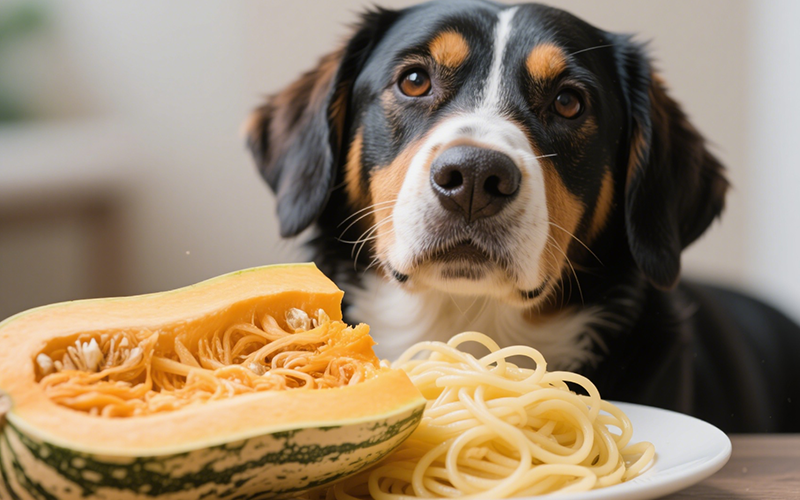
Squash Smarts: Can Dogs Eat Spaghetti Squash? A Vet-Approved Guide
- 26 Apr 2025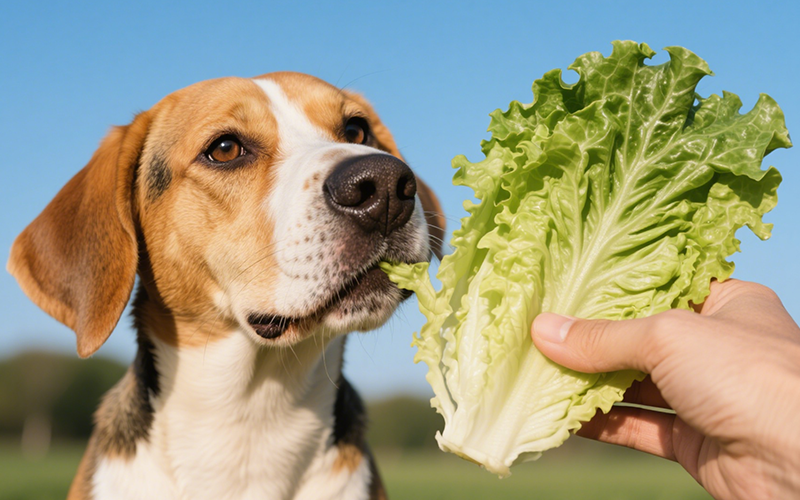
Crunchy Greens for Canines: Can Dogs Eat Romaine Lettuce Safely?
- 25 Apr 2025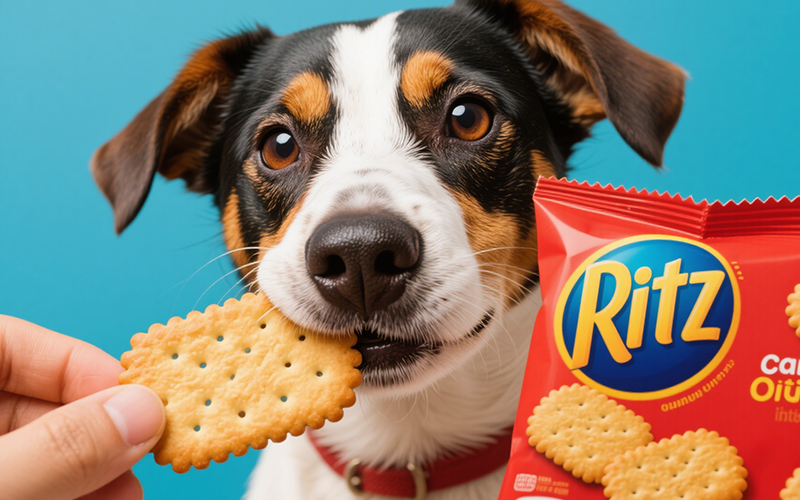
Ritz Crackers for Dogs? Why Vets Say No to This Common Snack
- 25 Apr 2025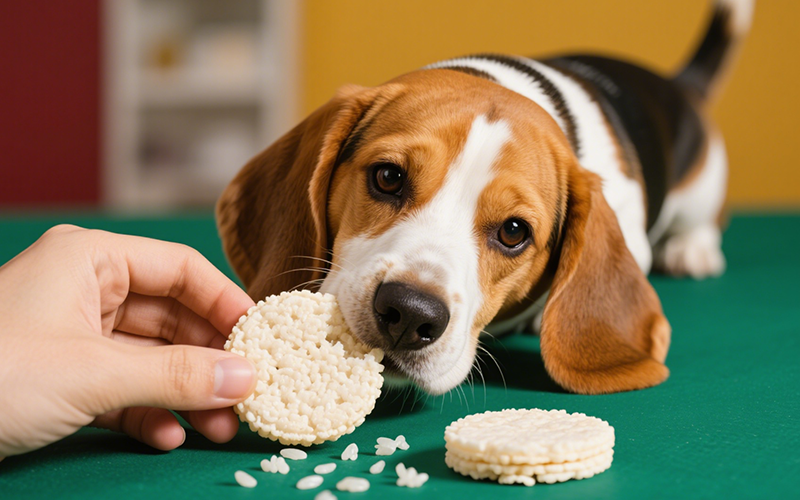
Rice Cakes for Rover? A Crunchy Question: Can Dogs Eat Rice Cakes Safely?
- 24 Apr 2025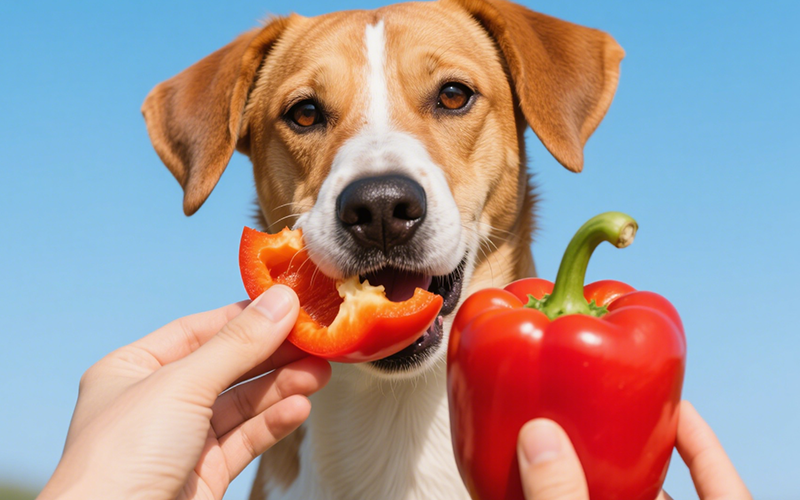
Crunchy & Colorful: Can Dogs Eat Red Bell Peppers Safely? A Vet-Approved Guide
- 24 Apr 2025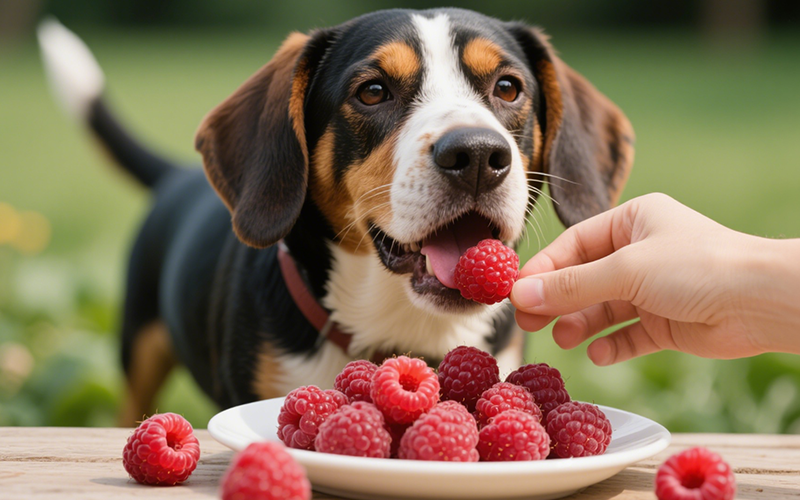
Raspberries for Rover? A Vet's Guide to This Berry Good Treat for Dogs
- 23 Apr 2025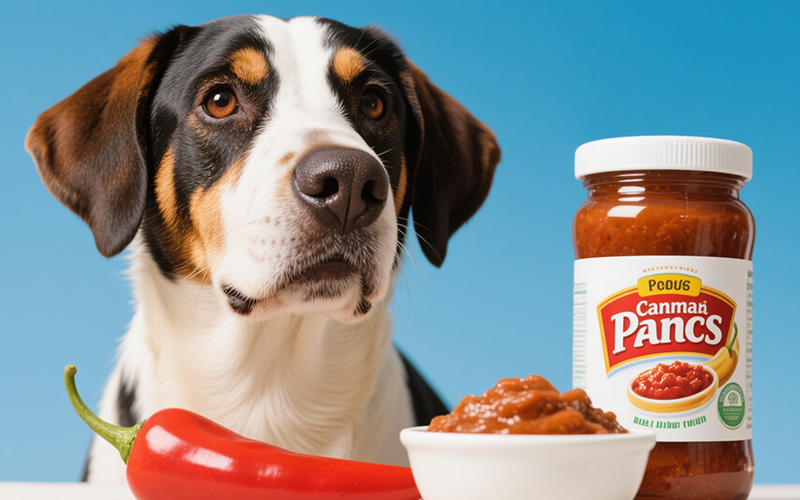
Ranch Dressing Dilemma: Can Dogs Safely Indulge? A Deep Dive into Why It's a Bad Idea
- 23 Apr 2025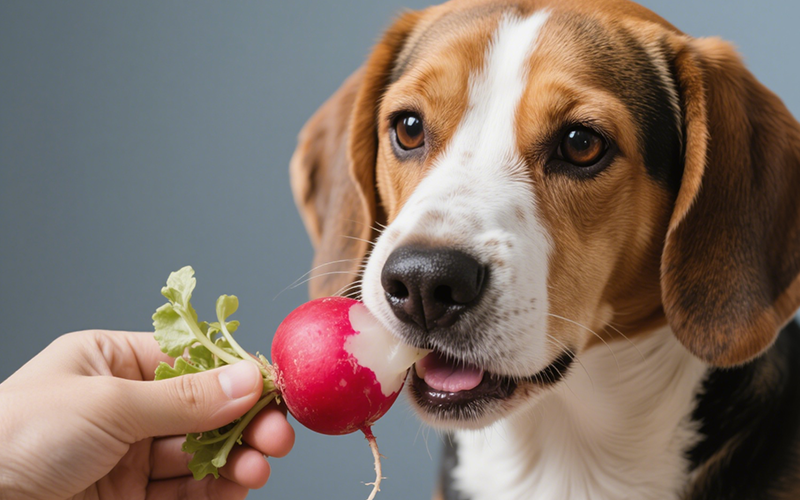
Radish Bites for Your Buddy? A Vet-Reviewed Guide on Whether Dogs Can Eat Radishes
- 22 Apr 2025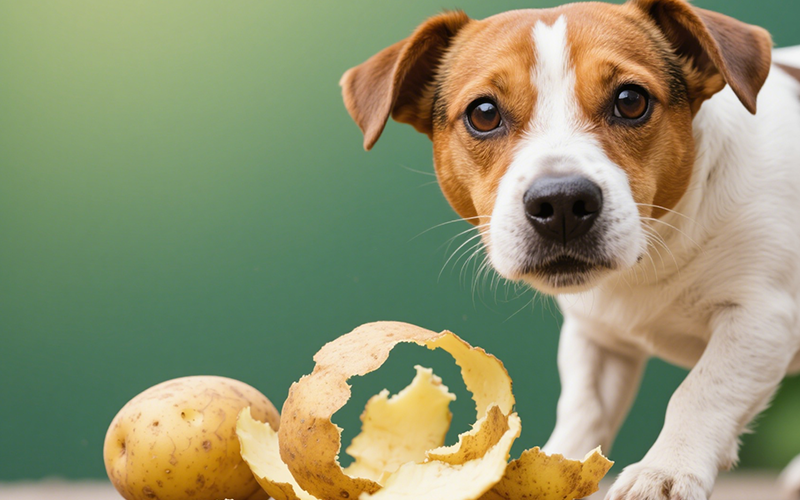
Potato Peels for Pooches? Unpeeling the Risks and Facts for Dog Owners
- 22 Apr 2025
Crunchy Curiosity: Can Dogs Safely Snack on Pork Rinds? A Deep Dive
- 21 Apr 2025
